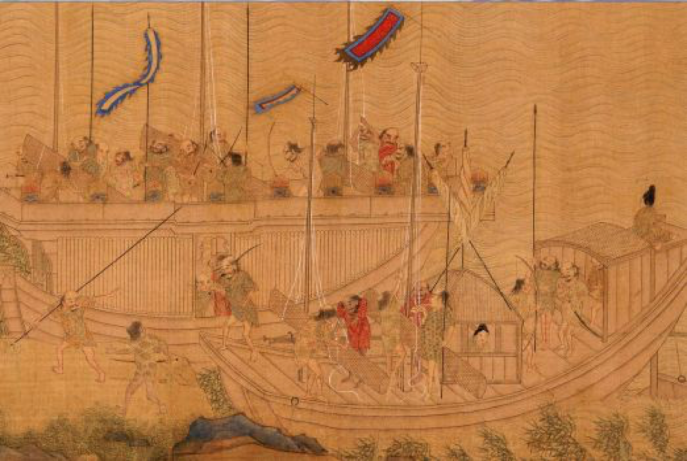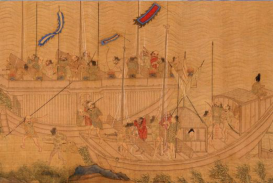During my visit, I plan to work on a project that explores the little studied connection between cross-border captivity and knowledge acquisition in 16th and 17th century China. The Ming frontiers suffered regular raids in the hands of Mongols, pirates, and tribal indigenes. Yet historians tend to focus on the loss of goods, viewing it as recourse to formal tributary trade constantly denied by the Ming court. Even though Ming sources documented hundreds of Ming subjects taken during such raids, we know little about human captivity.
Captivity took on a new urgency in the 16th century when rival regimes began forming across Ming borders. To compete with the established Chinese empire fueled on New World silver, ambitious rulers used captivity to exact cheap labor and ready cash via ransom or commercial trafficking. What is less expected, however, is how captivity also proved to be an effective venue for knowledge acquisition. These emerging regimes, spanning across vastly different natural terrains and driven by distinct forms of ambition, invariably relied on specialty knowledge that the Ming court guarded tightly.

Ming Victory over Japanese Pirates Scroll

